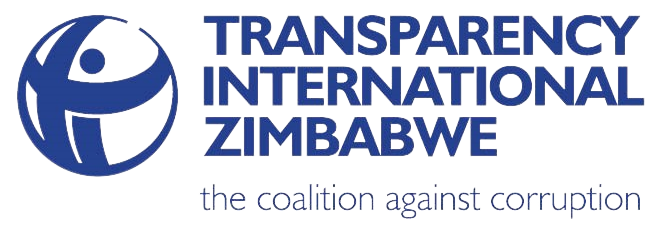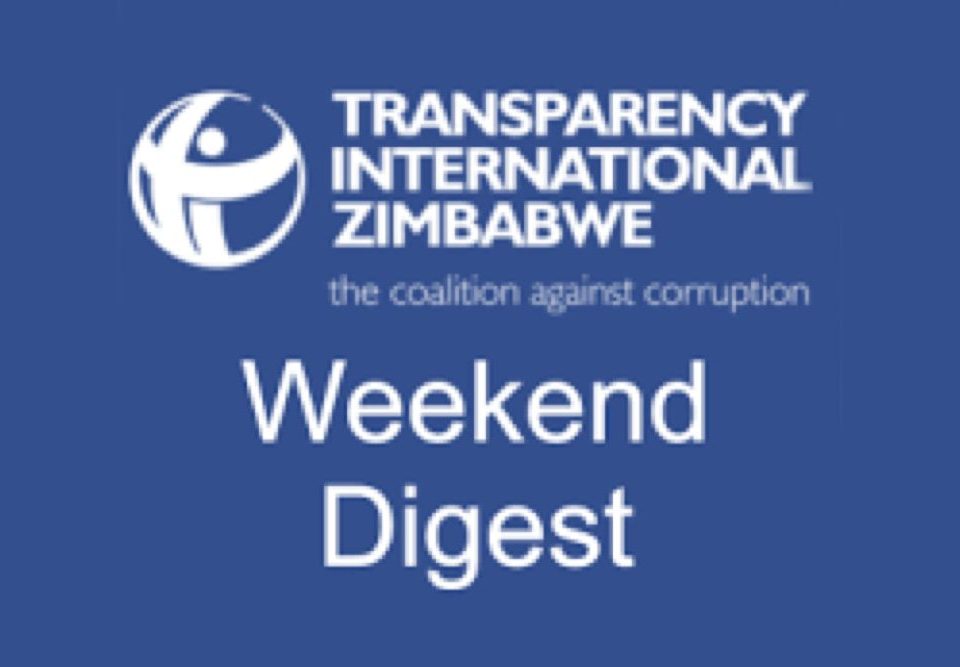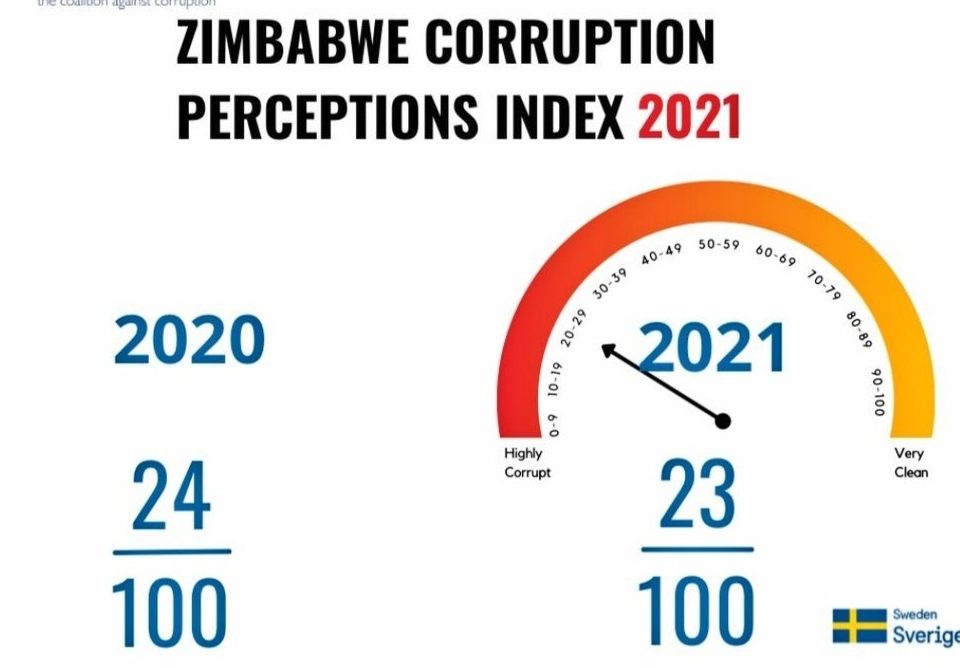Participatory budgeting in rural areas in Zimbabwe: Gaps and Opportunities
October 26, 2022The chameleon of political corruption: Its impact and strategies of tackling it
Zimbabwe’s governance sector has many loopholes that enable for corruption to occur. There is anecdotal evidence that suggests that corruption has permeated in most spaces including public and private sector institutions. During the period of 2018 – 2022, the cases of corruption that have emerged in the media include procurement scandals, illicit financial flows, corrupt contracts in the extractive, agricultural and construction sectors. Evidently, corruption has embedded itself in key institutions to an extent that the existence of some of the informal institutions are a direct result of corruption.
One of the constant issues of concern has been the rise of political corruption in Zimbabwe. Political corruption is “any transaction between private and public sector actors through which collective goods are illegitimately converted into private-regarding payoff”. Political or grand corruption takes place at the high levels of the political system with decision makers playing a key role in these. Argued differently, political corruption is highly evident when politicians and state agents, who are entitled to make and enforce the laws in the name of the people, are themselves involved in corruption deals mostly at grand scale. These decision makers abuse their positions or political power to sustain their power and wealth. In the case of Zimbabwe, this have been noted exclusively with the rise of public procurement tenders involving politically exposed individuals.
Corruption has been noted across political party financing, vote buying, and procurement deals post the electoral stage. Political integrity was highlighted as a focus on demonstrating how power holders who set laws in a country exercise power consistently in the common good and not to sustain private interests and their own wealth and position. However, power holders in Zimbabwe are popular for abusing office and using their power to sustain private interests and their own wealth.
To illustrate the investigation of political corruption is a case study on Public works under Duterte: Corruption, politics, slippage mar many projects[1]. This was an investigation on the tenders awarded for the infrastructure projects which was supposed to usher in a golden age of infrastructure. This showed how the president Rodrigo Duterte who is the President of Philippines since he assumed office has been “putting money where his mouth is” to preserve his power. From the citizens interviewed they also said that corruption remains a formidable feature in many of the projects that are supposedly aimed to improve the lives of people. This is an interesting case study as it shows how political corruption can affect the procurement system and unfortunately this is a similar case for Zimbabwe. The procurement process in Zimbabwe is not transparent, lacks accountability and some of the tenets of good governance.
Karol Illagan who investigated on the Philiphines case highlights that issues of political integrity can be investigated with collaboration between Civil society Organisations (CSOs) and journalists. Such cases might be difficult to investigate because of how laws can prohibit the access to information. The results showed that certain loopholes emerge due to the lack of legal frameworks that govern political party financing. Henceforth factors of political corruption include ineffective procedure for financing political parties, uncontrolled illegal lobbying, pro-actively uncontrolled public and private interests, and fragmentation of the public sector[2]. Power holders use bureaucracy to extract resources and preserve their power. Through extractive they enrich themselves, kin, clan, cronies, allies via patronage and grand corruption. It should be noted that power preserving is a strategy used to tighten the grip on power via autocracy, polarisation and populist rhetoric[3].
Political corruption brings the threat of vulnerability of national security and risk of state capture. Political corruption has affected electoral integrity in Zimbabwe and Zimbabwean elections have always been contested, no election goes by without many notable malpractices either from the Zimbabwe Electoral Commission(ZEC) or political parties. Research has shown that Zimbabwean elections are marred with vote buying, violations of human rights and there are no clear frameworks on political party financing[4]. The opposition always claims that during the campaign period the playground is not level with the ruling party making use of incumbency privileges where they use state funds for their personal campaign. The line between campaign and vote buying is blurred because some have the privilege of using agriculture inputs schemes which are not clear whether it was from the government or from the ZANU PF which leaves the assumption that the funding model of elections is another element of corruption.
Political corruption undermines democracy and good governance by breaching or even disrupting formal processes and also causes state capture. The most notable effect of political corruption in Zimbabwe has been state capture. State capture is a type of systemic political corruption in which private interests significantly influence a state’s decision-making processes to their own advantage. Zimbabwe’s public institutions have all been captured by the ruling party hence some are failing to provide their mandate. Some institutions that are set aside to fight corruption in Zimbabwe are failing to do so and cases of corruption are not being prosecuted to finality. Zimbabwe Anti-Corruption Commission(ZACC) and the National Prosecuting Authority(NPA) continue to shift blame son each other on prosecution of corruption cases but the main causes of this have proven to be institutional capture through political corruption. Corruption criminals are not prosecuted to finality and usually political prisoners are the ones who are convicted and given harsh punishments than the corrupt ones which shows the extent of political corruption in Zimbabwe. The corruption chain of command stretches through all public institutions which ends up causing judicial corruption, human rights violations, lack of rule of law and absence of good governance. Evidently, corruption is so rife in Zimbabwe, state capture and lack of good governance has a critical role to play. There is need for separation of power and a judicial system that is functional to promote integrity. Separation of power will ensure that institutions function separately without orders from an “invisible hand”. In terms of political party financing there is need for pieces of legislation that govern the funding of political parties and to separate the functions of the government from political parties.
[1] DPWH under Duterte: Corruption,<br> politics, slippage mar many projects (pcij.org)
[2] Jorge Valladares: Political corruption, democratic decline, Transparency International School on integrity
[3] Ibid
[4] Transparency International Zimbabwe ,2018 Annual state of corruption report


